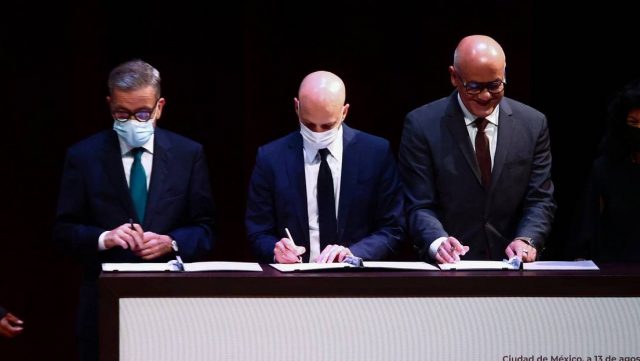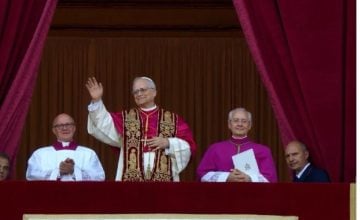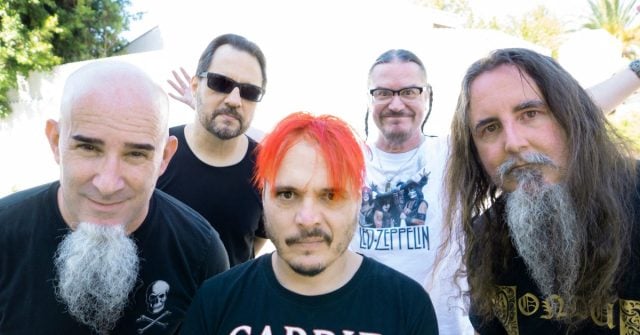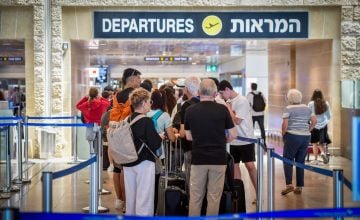The delegations of the Government of Venezuela and the most radical sector of the opposition of that country begin, this Friday in Mexico City, the round of talks on the new dialogue process, which they officially announced in mid-August and which they supported with the signing of a memorandum of understanding.
A day before this day of negotiations, which ends next Monday, the International Contact Group (ICG) gave a boost to the rapprochement that seeks «a negotiated, peaceful and democratic solution to the crisis in Venezuela », that has not arrived to fruition in other opportunities in the past.
The president of the National Assembly and leader of the Government representation, Jorge Rodríguez, published on his social networks: «Ready to return to Mexico City. For peace, for the recovery of economic guarantees!» and «to reunite through the democratic and constitutional channel». The message was accompanied by a video where he faces an opponent who is not seen on the screen, in a table tennis match, a sport that he practices.
In this rapprochement between the parties, Norway is the country that acts as a mediator, as is Mexico, which is also the venue for the talks, reports RT.
Meanwhile, the spokesman for the US State Department, Ned Price, said on Friday that Joe Biden’s government welcomed «the beginning of comprehensive negotiations led by Venezuela in Mexico». “We hope that this process lays the foundations for the democratic result that Venezuelans deserve. We stand in solidarity with the Venezuelan people as they work to peacefully restore democracy in their country», he added.
Previous situation
This same week, the Unitary Platform (Plataforma Unitaria), which brings together the main opposition political parties in Venezuela, announced that it would participate in the next regional elections on November 21. This decision, after abstaining from going to three consecutive elections from 2017 to 2020, due to alleged doubts about the reliability and transparency of the Electoral Power, marked a break in the polarized political scene of recent years.
The leader of the traditional Democratic Action (Acción Democrática -AD -) party and former MP, Henry Ramos Allup, said at a press conference that they would go to the polls with the «go-ahead» of the US, the European Union (EU) and the «international community». This radical opposition wing, which obtained a majority in the AN in the previous legislature (2016-2021), promoted the self-proclamation of former deputy Juan Guaidó and ignored all Venezuelan institutions.
Regarding Ramos Allup’s statements, Rodríguez stated in an interview with the Venezuelan journalist Madelein García that «matters between Venezuelans are settled among Venezuelans» and that the fact that the opposition has had to ask permission from «officials of the US administration» so as to take decisions, «has done a lot of harm» to them.
This statement had already been made by the Government delegation in the dialogue process that was not completed in the Dominican Republic, in 2018, when at the last minute, when they were about to sign the agreement, the opposition politicians got up from the table claiming that the established provisions had not been fulfilled.
For the Venezuelan president, Nicolás Maduro, the participation of all sectors in the electoral process could guarantee the political stability of the country until 2030 because his presidency, assumed in 2018, was not recognized by a group of hostile countries that question his legitimacy.
Shortly after the signing of the memorandum of understanding between the parties, Venezuelan opposition politician Freddy Guevara, who had been imprisoned since mid-July, was released. The Venezuelan Justice system had accused him of the alleged commission of the crimes of «terrorism, attack against the constitutional order, conspiracy to commit a crime and treason against the homeland».
What will be negotiated for Venezuela?
Rodríguez announced that the representation will bring a «concrete» proposal to the table, «focused on the economic and social issues» and on «the return of the resources that belong to Venezuela to meet the needs of the entire population». Regarding the possibility of lifting the sanctions, he affirmed that the Government goes «with clear elements of that request in the framework of the negotiation».
For his part, Guaidó, the main defender of the application of coercive measures by Washington to depose Maduro, posted a video on his Twitter account where he affirms that his main proposal to «solve the conflict» is to call a presidential and parliamentary election «free, fair and with guarantees» and that these conditions do not currently exist.
The former deputy maintains the same line of the Joe Biden Administration on Venezuela. Recently, State Department spokesman Ned Price said that Maduro could «create a path towards sanctions relief» by allowing Venezuelans to participate in «free presidential, parliamentary and local elections».
The key aspects of the negotiations, as announced by Norway are:
– Political rights for all.
– Electoral guarantees.
– A timeline for observable elections.
– The lifting of sanctions and the restoration of the right to assets.
– Respect for the Constitutional State of Law.
– Political and social coexistence.
– The renunciation of (political) violence and reparation to the victims of that violence.
– The protection of the national economy and the protection of the social rights of the people.
– Establish follow-up and verification guarantees of what has been agreed in Mexico.
«The end of the conflict phase»
«It marks the end of the conflict phase that had begun in 2019, with the attempt to install a parallel government», said political scientist Damián Alifa, interviewed by RT, about the opposition’s decision to participate in the elections.
In the same way, he believes that the government «is giving the US and Europe a golden opportunity to achieve an elegant exit from this failed interim government process». Both the White House and the EU have imposed sanctions to achieve an eventual departure of Maduro from power and have recognized the self-proclaimed «president in charge» Guaidó, whose support has been progressively reduced.
For his part, the internationalist Vladimir Adrianza said that opposition groups tend to «change the rules of the game or get up from the table at the last moment», so «it is still premature to know if they are going to participate in the elections or not». On several occasions, opposition leaders have stated that they will go to the elections and have withdrawn even before the results were known, alleging alleged «fraud», without presenting evidence of this.
In Adrianza’s opinion, the US «is going through an extremely bad moment», in which it is «losing its hegemony in the international arena, has serious internal problems in terms of social order and has just come out with their tail between their legs Afghanistan». This, in his opinion, would cause Biden not to continue with the hard-line policy against Venezuela of former President Donald Trump, in whose mandate the bulk of the sanctions against the South American country were applied.











